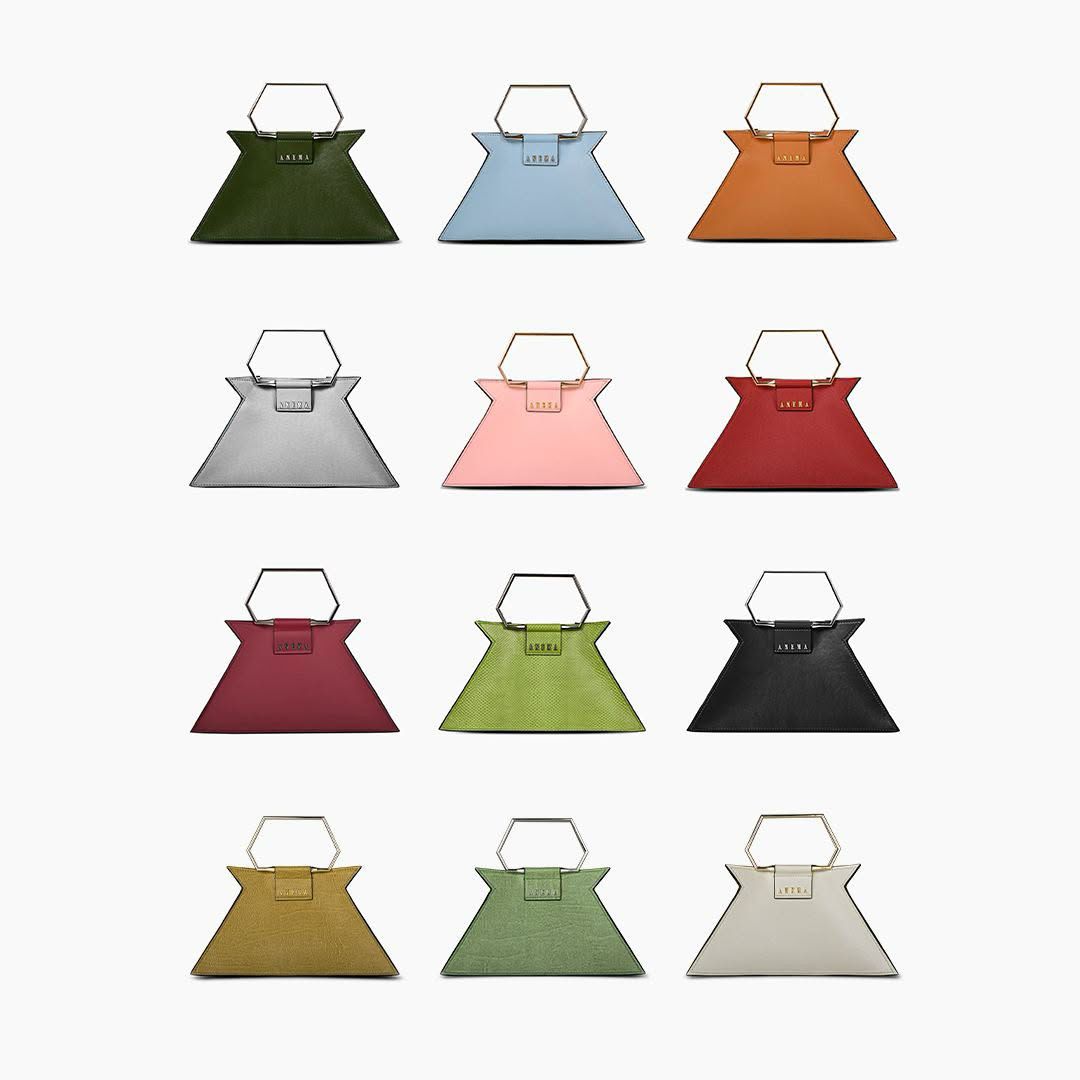Article: Slow-Fashion

Slow-Fashion
We would like to live a slower world, yet with each passing year we become faster.
The Treccani Encyclopedia defines Slow fashion in this way "a phrase coined by Kate Fletcher in 2007 by applying the suggestions of the slow food movement of Carlo Petrini to the fashion sector, with the idea of defending good practices that intend to act as a counter-proposal and antidote, if not in open opposition, to the drifts of industrial production. Slow fashion also has its own precise position in opposition to fast fashion, that is to that production and cultural system that was born from the crisis of prêt-à-porter and from the processes of globalization of fashion. In both meanings, "slow fashion" refers to practices of designing, producing and consuming fashion that are an alternative to the dominant systems. However, in the first case, as a transposition from slow food, the connection with the phenomenon that goes under the albeit broad denomination of ethical fashion sustainable fashion is more evident and immediate, while in the second case it refers more generically to artisanal methods, and in small quantities, producing fashion garments and accessories. Often the two meanings coincide, even if they present conceptually different nuances. The sustainability to which both refer has in the first case a clear derivation from the movements of criticism of the culture of consumption and is therefore related to critical fashion, while it refers more generically to the quality in the manufacture and components of a product compared to the large quantities produced by 'large-scale clothing industry, in the second case ”.



